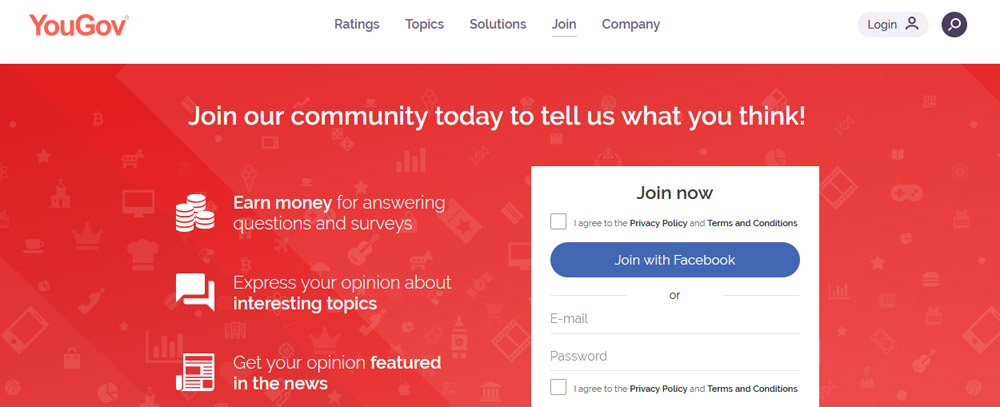In order to understand the significance of polls in elections, it is necessary to first understand the group dynamic in regards to public opinion. Politicians are often seen changing their opinions on topics based on the results of polls. But is that really a wise move? The power of polls cannot be denied when it comes to choosing a candidate, but it is important to understand how people use poll information to make their decisions.
» Skip ahead to participate in political polls
When a politician changes his stance on a topic because of poll results, that kind of activity can alienate some voters. But market research shows that many people will shift their opinions if the general consensus indicates that one opinion is more popular than another.
Does peer pressure change opinions?
When marketing analysts study a group of consumers, they will often try to gauge how strong peer pressure is in changing opinions. For example, if a small group of consumers tries a product, will their positive impression of that product cause others to try the product as well?
Election polls work much the same way. If people have an opinion on a candidate that goes contrary to the popular opinion, then those people are very apt to buckle to the peer pressure and change their opinions to conform with the rest of the crowd. That is why politicians are always working so hard to prove that their stance on an issue has always been in line with majority public opinion.
Peer pressure exists at any age and is a powerful motivator to get people to change their minds. Politicians know this, and that is why they try to use election poll results to their advantage.
Commitment to voting
Another market analysis method that pollsters use to affect the outcome of elections is by getting people to commit to an action or opinion. For example, people are more apt to show up and vote in an election if they said that they planned of voting in a poll.
When election poll numbers are released and they indicate the potential for low turnout, then that can affect the amount of people that actually show up to vote. While pollsters try to avoid influencing the outcome of elections, releasing potential turnout information prior to an election can have a significant effect on actual turnout. In the end, the turnout will determine which candidate actually wins an election.
Snap Decisions
Now that we have established the role that polls can play in shaping an election, we need to examine the accuracy of polls. The accuracy of poll results often comes into question because of the nature of conducting polls. People are, essentially, put on the spot and asked for an instantaneous answer to a question that should require a great deal of thought.
When people are put in this kind of a situation, they will often give the answer that they think the pollster wants to hear rather than giving a well thought-out answer. For example, a person asked about their favorite kind of soft drink may be influenced to give an answer he does not believe because he sees a shirt that the pollster is wearing. When people are put on the spot and make snap decisions, they often give answers that are contrary to their real beliefs but in line with the popular beliefs.
In this manner, the poll replaces each person’s individual opinion substitutes popular opinion. That is how some candidates wind up gaining support quickly. If a person is put on the spot to give an answer, he will usually tend to give the most popular answer. A politician who has just been in the news for giving an inspiring speech would be on that person’s mind, and would be that person’s answer. It is just one of the many ways that polls help shape the election results we get every year.
How to participate in political polls

If you’re interested in participating in political polls, check out YouGov surveys. These experts in political polling have their surveys frequently featured in media reports and are considered an expert polling firm, especially come election time.
You can get paid to voice your opinions with YouGov and can earn cash paid directly to your PayPal account, or choose an e-gift card reward instead.
Signing up is completely free and you can choose which surveys to participate in and complete.







